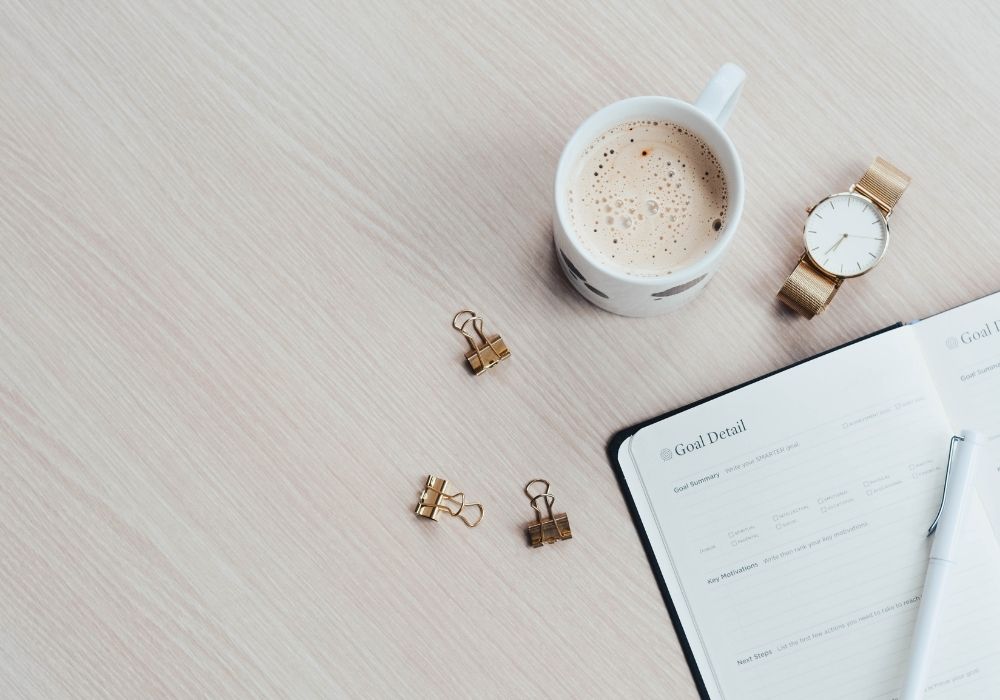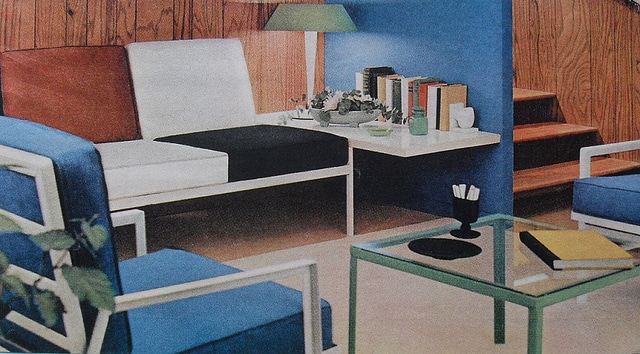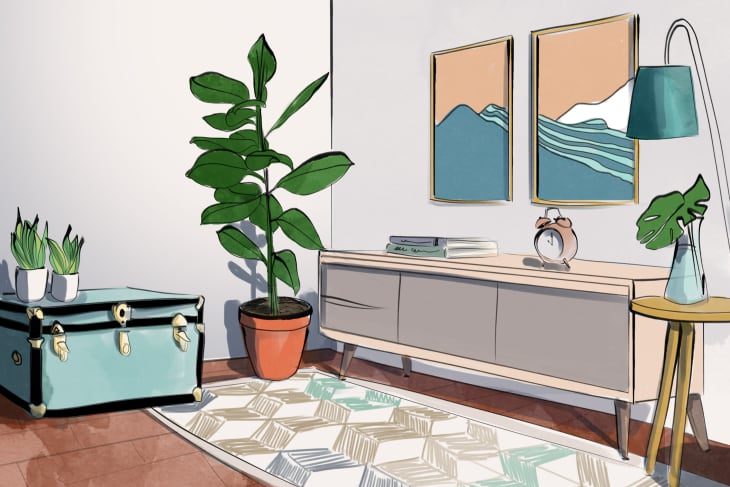Exploring the Long-Term Effect of Minimalism on Psychological and Emotional Well-being
Exploring the Long-Term Effect of Minimalism on Psychological and Emotional Well-being
Blog Article
Comprehending Minimalism: Methods for Minimizing Clutter and Enhancing Clarity in Everyday Living
Minimalism is progressively acknowledged as a practical strategy to improving quality and focus in today's messy world. By systematically reviewing our belongings and focusing on intentionality, we can produce rooms that not only show our worths but additionally promote psychological health.
Specifying Minimalism and Its Benefits
Specifying minimalism includes comprehending it as a way of life choice that highlights simpleness and intentionality in both everyday regimens and physical properties. At its core, minimalism encourages people to prioritize what absolutely matters, enabling for an extra meaningful and focused existence. By removing the non-essential, minimalism invites individuals to involve deeply with their environments and experiences.
It cultivates mental quality, as decreasing clutter in one's environment can lead to decreased diversions and anxiety. Minimalism advertises financial flexibility; by focusing on needs over desires, individuals can make even more informed buying choices, leading to potential cost savings and lowered debt.
Ultimately, minimalism is not just concerning worldly reduction however entails a holistic shift in point of view, cultivating a life characterized by objective, satisfaction, and balance. Welcoming this way of living can lead to profound adjustments in how individuals view and engage with the world around them.
Evaluating Your Present Mess
Clutter frequently manifests as a frustrating buildup of products that no longer offer an objective, developing a barrier to attaining a minimal lifestyle. Take note of certain categories of things, such as clothing, publications, or cookware, as this will aid you understand the extent of the clutter.

Furthermore, take into consideration the frequency of usage for each thing. Ultimately, comprehending your present mess is an important step toward accepting minimalism and enhancing clarity in your daily living.

Practical Decluttering Strategies
Having evaluated your present mess, the next step is to implement useful decluttering methods that help with an even more arranged living room. Minimalism. One reliable method is the "Four-Box" method, where you mark 4 boxes classified: maintain, donate, garbage, and relocate. This approach encourages fast decision-making and makes sure products are categorized suitably
An additional strategy is the "One in, One out" policy, which states that for every single brand-new thing acquired, an existing item needs to be go to the website removed. This principle assists preserve equilibrium and protects against accumulation with time. In addition, think about the "30-Day Minimalism Game," where you get rid of one item on the initial day, two on the 2nd, etc, cumulatively promoting a sense of accomplishment.
Limit yourself to a details number of cherished things, permitting you to value their relevance without frustrating your room. By employing these techniques, you can create a much more reliable and calm living space, ultimately improving clearness in your day-to-day life.
Developing Intentional Spaces
Producing willful spaces includes a thoughtful strategy to exactly how we layout informative post and organize our settings, making sure each area serves a particular purpose and mirrors our values. This technique is vital in growing a feeling of quality and objective in our day-to-days live. By seriously analyzing the feature of each area, we can get rid of diversions and improve our general well-being.
To create intentional rooms, start by recognizing the main activities that will certainly take place in each location. As an example, an office must be created to promote efficiency, incorporating elements such as ample lights, comfortable furniture, and marginal interruptions. In comparison, a relaxation location ought to advertise serenity, including calming colors and comfy seating.
In addition, take into consideration the emotional influence of your surroundings (Minimalism). Incorporating individual items that resonate with your worths, such as artwork or plants, can enhance the link to your area. Frequently examine these atmospheres to guarantee they continue to offer their intended function as your needs advance
Ultimately, developing intentional areas is about making aware selections that line up with your way of living, promoting consistency and performance in your living and workplace.
Maintaining a Minimalist Mindset
Embracing a minimal way of thinking calls for recurring representation and intentionality in our ideas and actions. Establish apart time to examine your commitments, possessions, and even electronic material, ensuring they align with your core concepts.
This shift in point of view encourages gratitude for simpleness, improving overall health. Integrating mindfulness strategies, such as meditation or journaling, can further enhance a minimalist way of thinking by promoting quality and minimizing mental mess.
Additionally, develop boundaries to secure your energy and time. Discover to say no to non-essential commitments and interruptions that do not add to your personal growth. Border yourself with similar people that sustain your minimalist trip, as shared values can boost motivation and responsibility.
Conclusion
Finally, embracing minimalism uses considerable benefits, including decreased clutter and enhanced clearness in life (Minimalism). By methodically assessing ownerships and implementing useful decluttering strategies, people can produce deliberate rooms that foster mindfulness and thankfulness. Keeping a minimalist mindset needs recurring assessment and dedication to simplicity, ultimately bring about a more focused and fulfilling way of life. The concepts of minimalism act as valuable tools for cultivating an atmosphere that sustains individual development and health.

In addition, consider the "30-Day Minimalism Game," where you get rid of one product on the very first day, 2 on the 2nd, and Recommended Reading so forth, cumulatively cultivating a feeling of accomplishment.
In final thought, welcoming minimalism uses significant advantages, including lowered clutter and improved quality in daily life.
Report this page